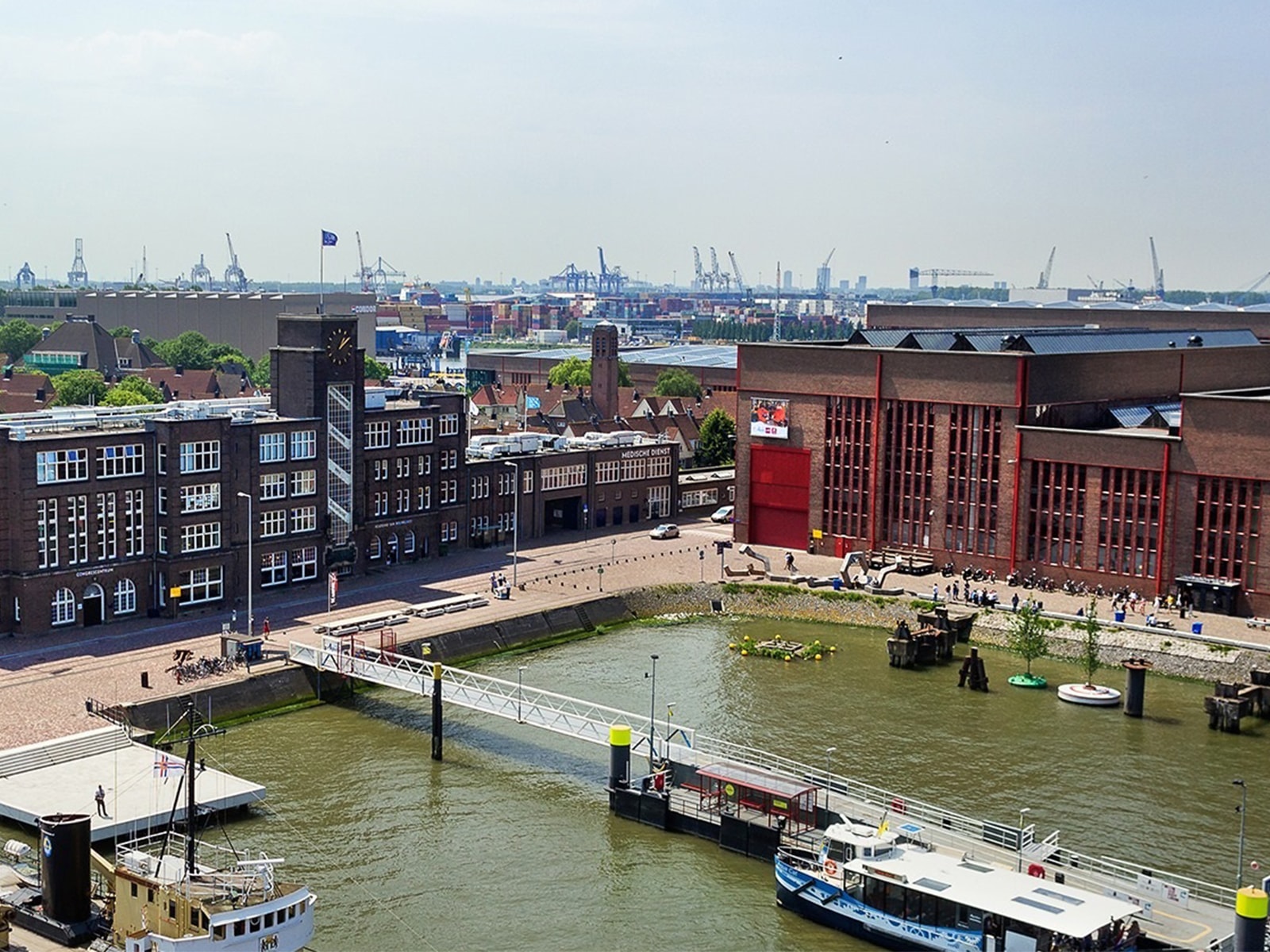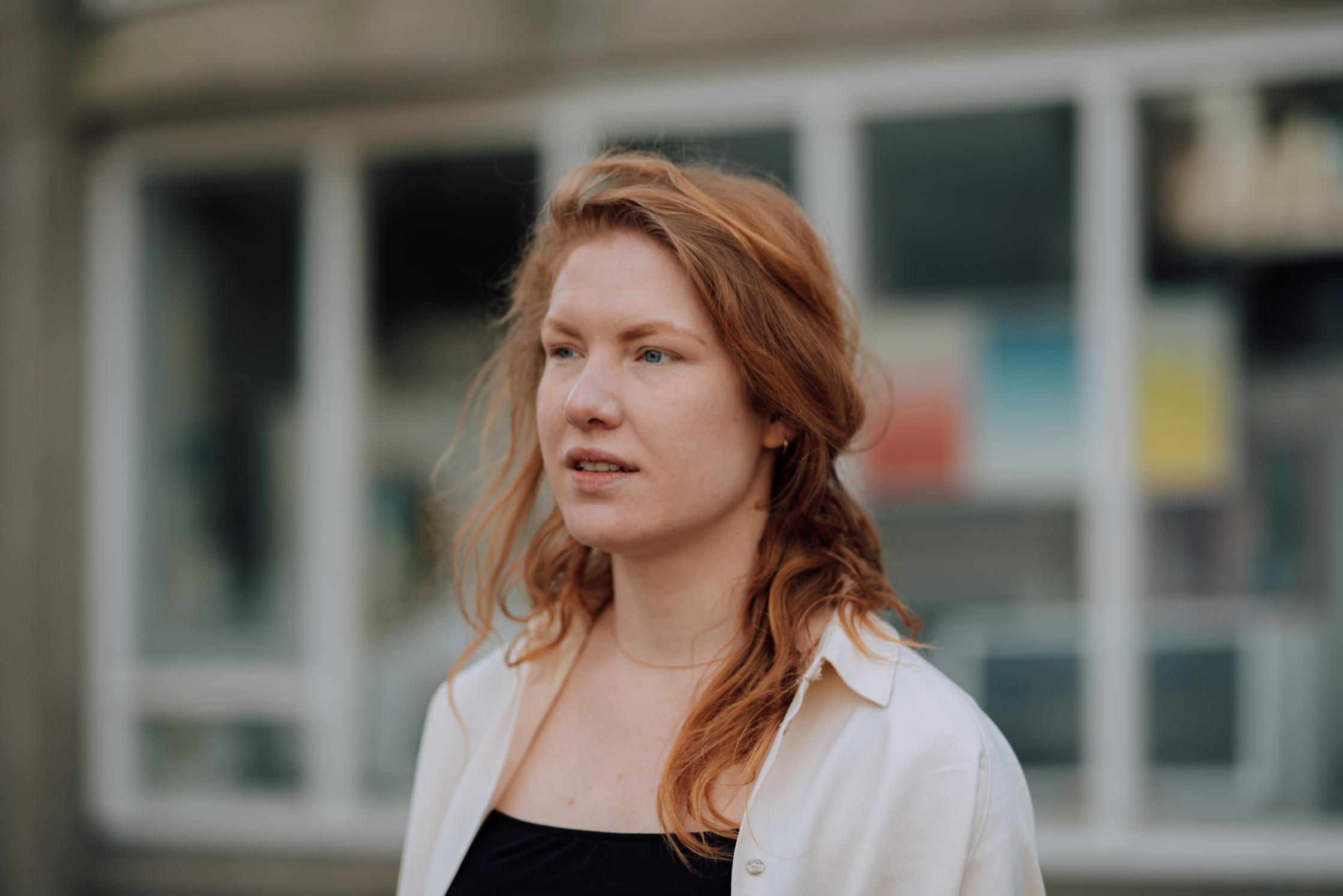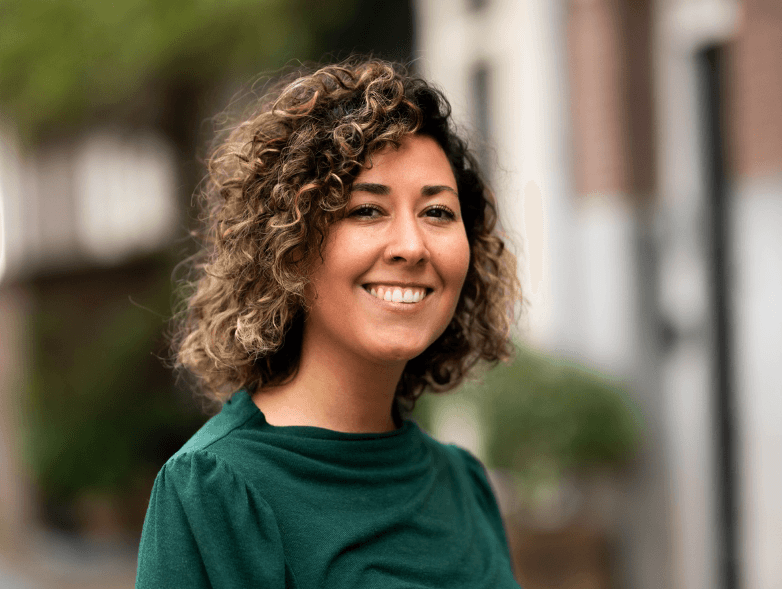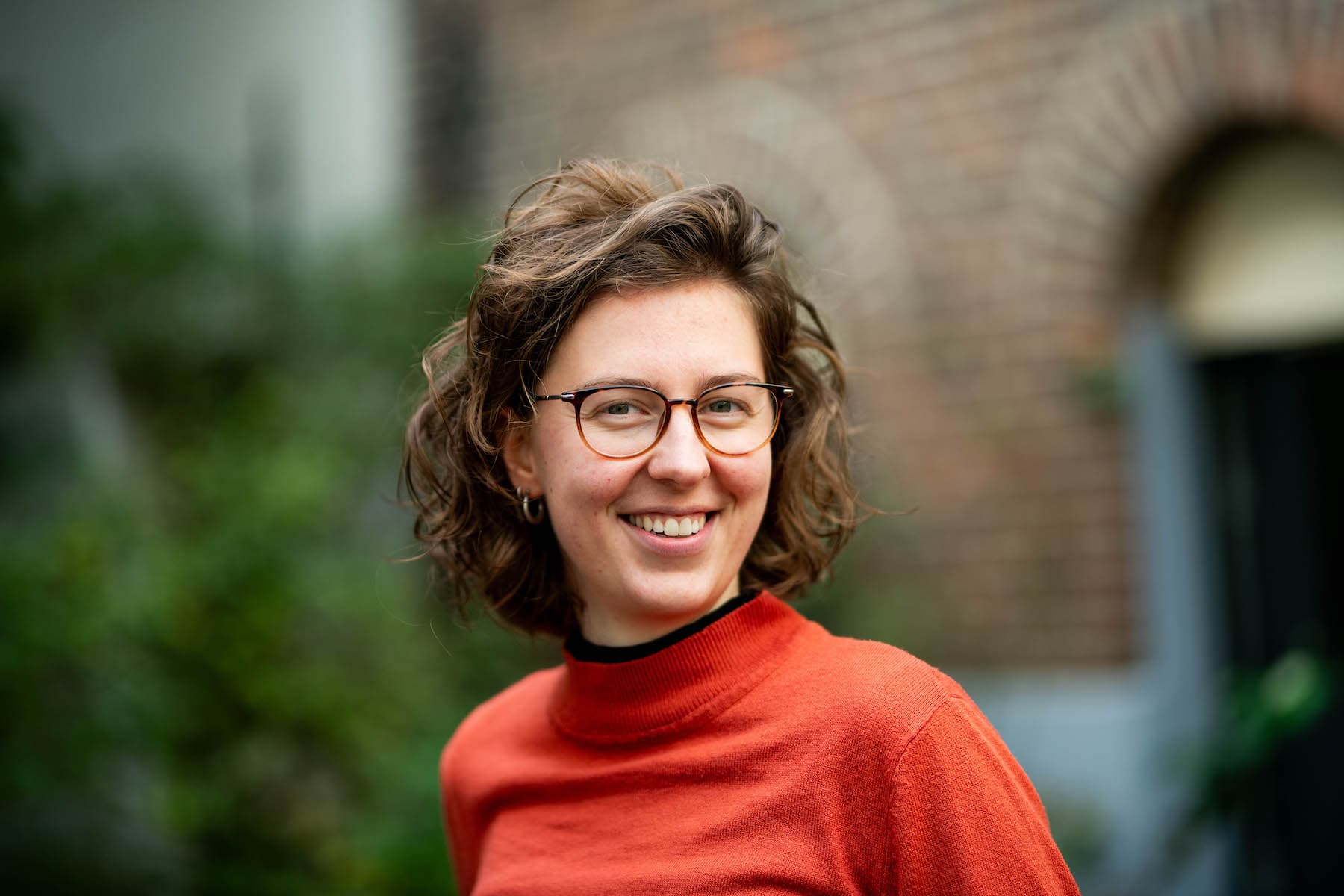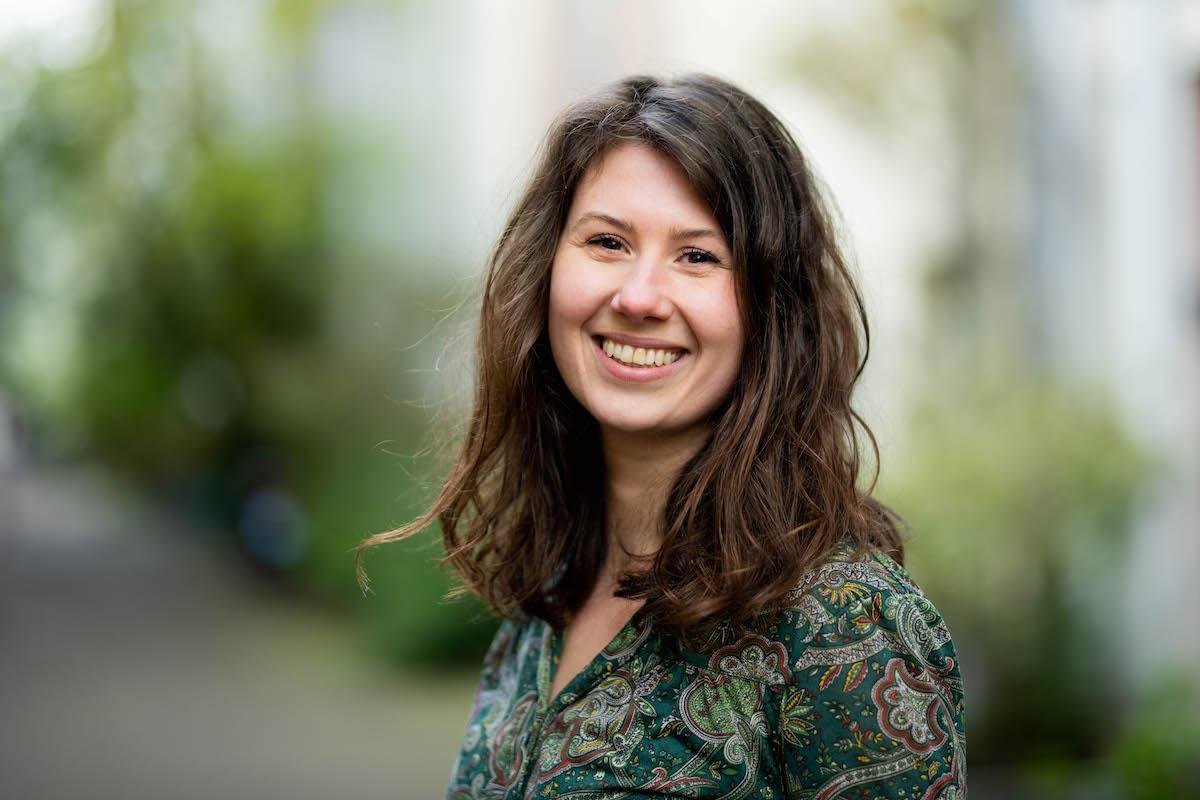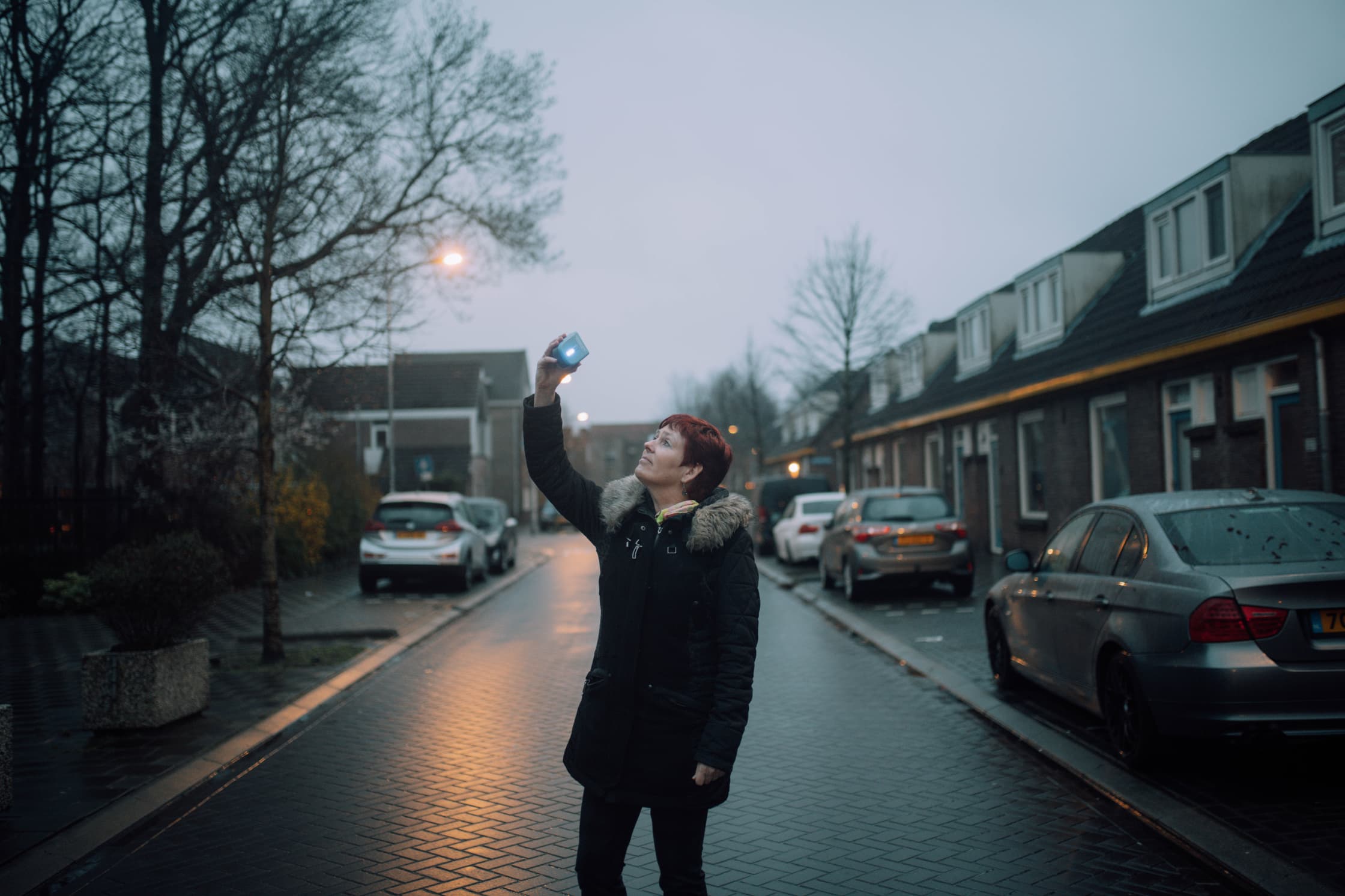Air quality is one of the most important environmental factors affecting health. On average, Dutch people live nine months shorter due to air pollution. At the same time, many transitions are underway that affect air quality, such as the energy transition, electric driving and the greening of industry. The effect of these transitions on air quality is also part of political and social debates. In these debates, there is still a great deal of uncertainty about exposure to pollution and its potential health effects. This sometimes prevents companies and governments from taking these considerations into account when adapting processes, products and policies.
In the project ExpACT Waag collaborates with partners to measure and reduce exposure to air pollution. Waag applies their expertise in the public research method known as citizen sensing, in which residents conduct their own research using technology and are supported by experts. Together, they investigate the relationships between emissions of chemical and natural substances in the air, exposure to those emissions, and the resulting damage to health. This gives us a better understanding of the exposome: all the environmental factors that, together and in interaction with each other, influence our health. Based on this data, residents engage in dialogue with governments, researchers, and companies.
New types of measurements
The research team is working on new measurement methods to map the impact of various biological and chemical substances in the air on your health. Examples include measuring wood burning, pesticides, ultrafine particles, allergens, or scans that can analyse chemical and biological air particles.
ExpACT focuses on tackling the most important sources of air pollution. The project focuses on four themes:
- Industry – for example, emissions of particulate matter and PFAS.
- Workplaces – such as emissions of organic substances and biological agents.
- Agriculture – such as emissions of nitrogen and pesticides.
- Urban environments – for example, pollution from microplastics and chemicals.
Meta data
Project duration
Team
Financiers
Partners
- Universiteit Utrecht
- AIREAS
- ArboUnie
- Barcelona Institute for Global Health
- Cosanta B.V.
- Cosine
- De Haagse Hogeschool
- De War
- Gemeente Nijmegen
- Gemeente Utrecht
- Hogeschool Rotterdam
- Netherlands eScience Center
- NEVEDI
- Omgevingsdienst regio Arnhem
- Omgevingsdienst regio Nijmegen
- Provincie Noord-Holland
- Provincie Utrecht
- Radboud Universiteit Nijmegen
- RECETOX Centre
- Masaryk University
- Regiodeal Gelderse Vallei
- Rijksinstituut voor Volksgezondheid en Milieu
- Royal Netherlands Meteorological Institute
- Stichting Nederlands Kenniscentrum Arbeid en Longaandoeningen
- Technische Universiteit Delft
- TNO
- Top Institute Comprehensive Analytical Sciences
- Universitair Medisch Centrum Utrecht
- Universiteit Leiden
This publication is part of the project ExpACT: Exposome ACTion perspectives with file number NWA.1630.23.020 of the research programme Nationale Wetenschapsagenda - Onderzoek op Routes door Consortia 2023 which is (partly) financed by the Dutch Research Council (NWO).
